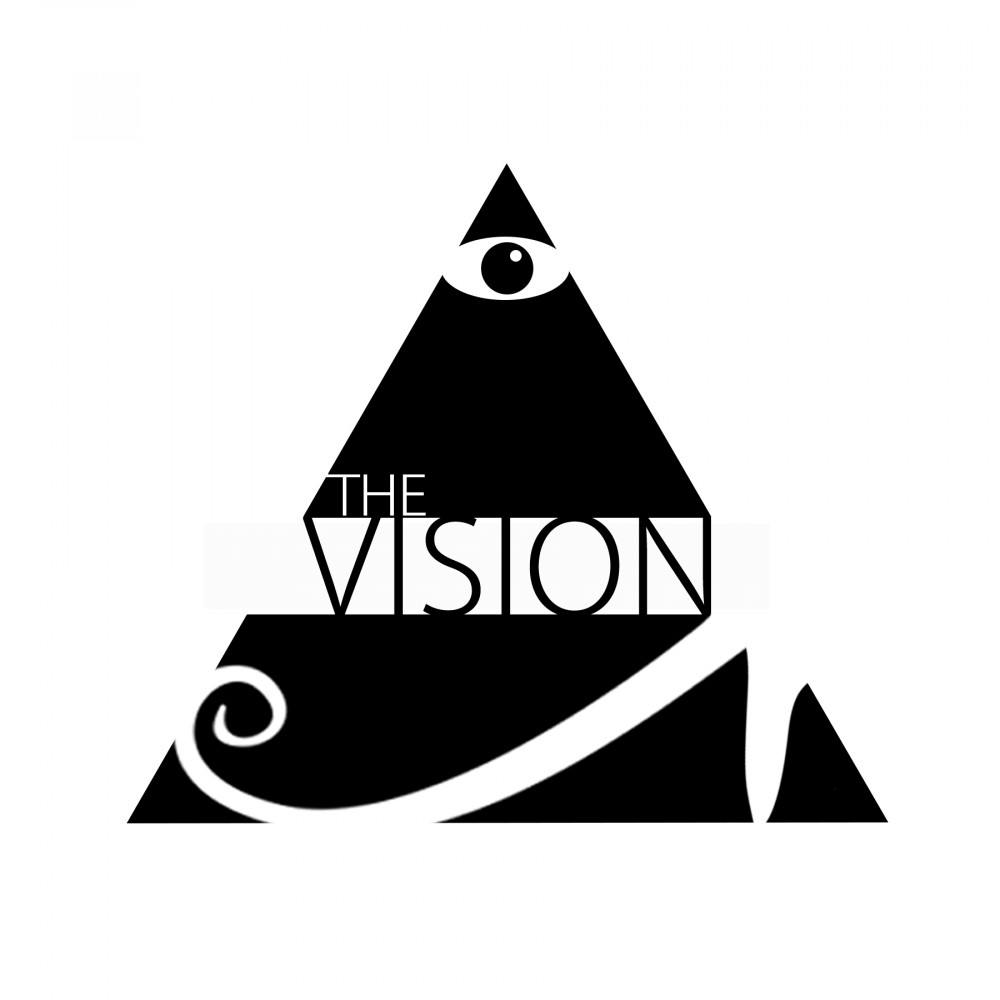I felt o ut of place from the first tim e I stepped onto Penn’s campus. Being a black male from the South who isn’t affluent and wasn’t given the opportunity to attend an elite private high school, I knew I was different from most of my peers in every aspect. Because of that, I felt alone. I was separated by more than just color — I was different by culture. My culture was foreign and underappreciated. Everything moved faster, from the pace at which people talked to the steps in which they walked.
Not apparent to many — if apparent to anyone at all — I wanted to transfer within my first semester at Penn. I lacked real friends. Of course, I had a lot of associates to “network” with but what’s a network without a strong relationship? Nothing. Throughout my freshman year, my life became school and my work-study job. I began to reflect on my senior year of high school and the expectations I had for college. It surely wasn’t this.
Despite the prestige and reputation the University of Pennsylvania has built over the course of its 274-year existence, the school wasn’t built for everyone.
I sometimes wonder if my presence here at the university stands for anything. It is hard not to reflect on the history of Penn — and the country at large — when the privilege of affluence is not only the norm, but also what the university lives and thrives off of. Until midway through the 20th century, the university didn’t see many black faces along Locust Walk or in the classroom . Although this has changed over time, the need for equality, justice and understanding has not left. Rather, it grew more apparent.
The need for a collective of black men to share their stories with one another is evident here at the University of Pennsylvania. Black men are significantly less visible than black women on campus. Furthermore, black men are continually dehumanized in media and society. Examples of this range from simply being categorized as suspicious to being killed unjustly.
When I felt my most down, a senior, black male from my hometown approached me and told me about Black Men United. In the late 1980s, black men on campus banded together to create a safe environment where they have the opportunity to actively share their voices and stories.
The first Black Men United meeting I attended is still one of my most memorable moments at Penn. It gave me a sense of self again. It helped me reevaluate my life. It enabled me to meet people that are more like me than the students I’m usually surrounded by. It gave me the voice that I previously lacked at Penn. It helped me find my identity here. Black Men United is one of the biggest reasons why I am where I am today on campus.
Outlandish as it may sound, many black men at Penn feel as if their voices aren’t heard. I tend to censor myself a lot on campus and I’m pretty sure many other black men do the same. Censorship is great in regards to negating possible conflict and tension, but it also can be debilitating when your authentic voice is never shared or never regarded.
Black Men United empowers the black community here at the University of Pennsylvania. It gives some of the world’s future influential and successful black men a platform to share stories of triumph and hard work. Black Men United puts the racial and social injustices that black men face on a daily basis on campus to the forefront. It inspires service toward a better, more unified campus community. Since joining Black Men United, I have been more inspired to take leadership positions on campus, through which I have strengthened my role as a minority advocate. I — along with many other minority students — have been better able to fight for the equality, justice and understanding that we deserve.
The Daily Pennsylvanian is an independent, student-run newspaper. Please consider making a donation to support the coverage that shapes the University. Your generosity ensures a future of strong journalism at Penn.
DonatePlease note All comments are eligible for publication in The Daily Pennsylvanian.






